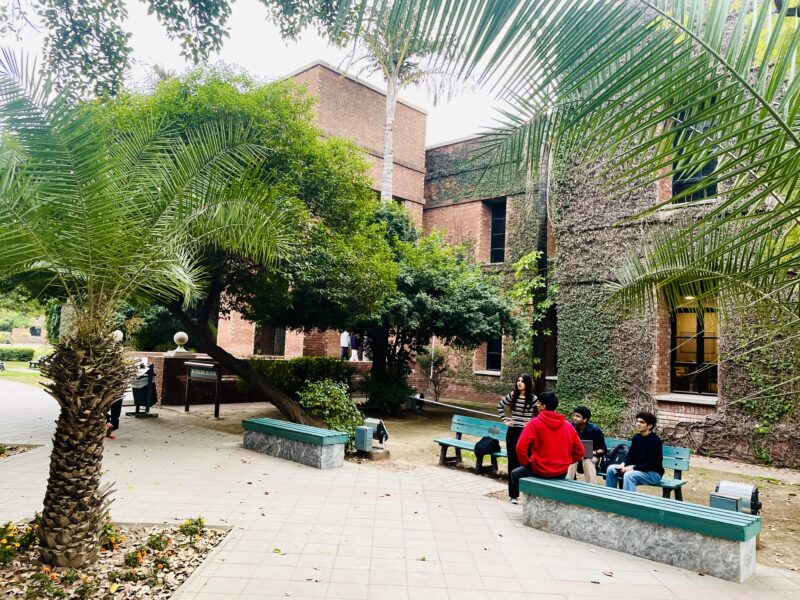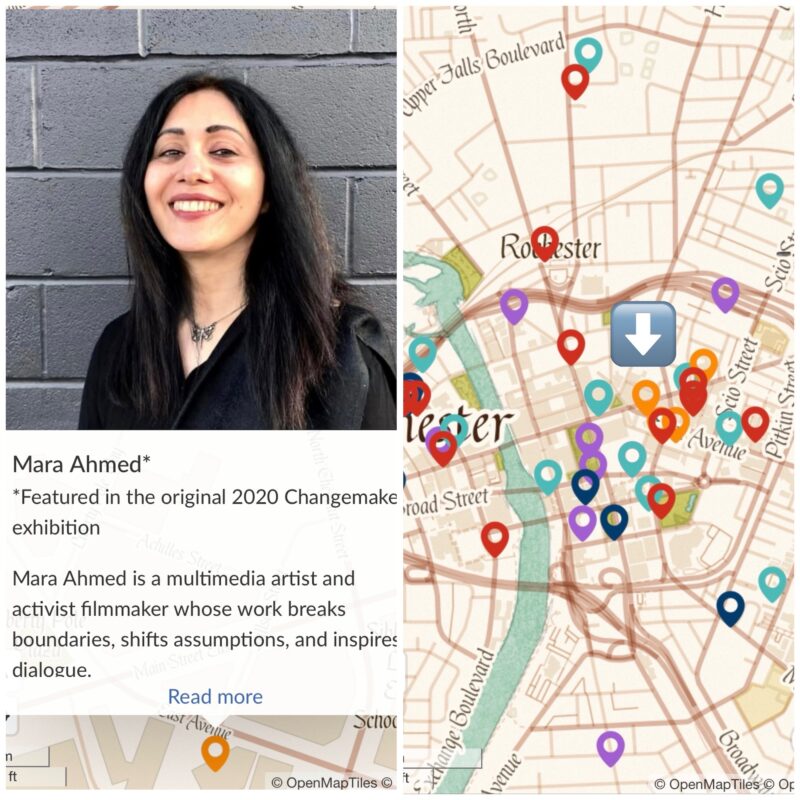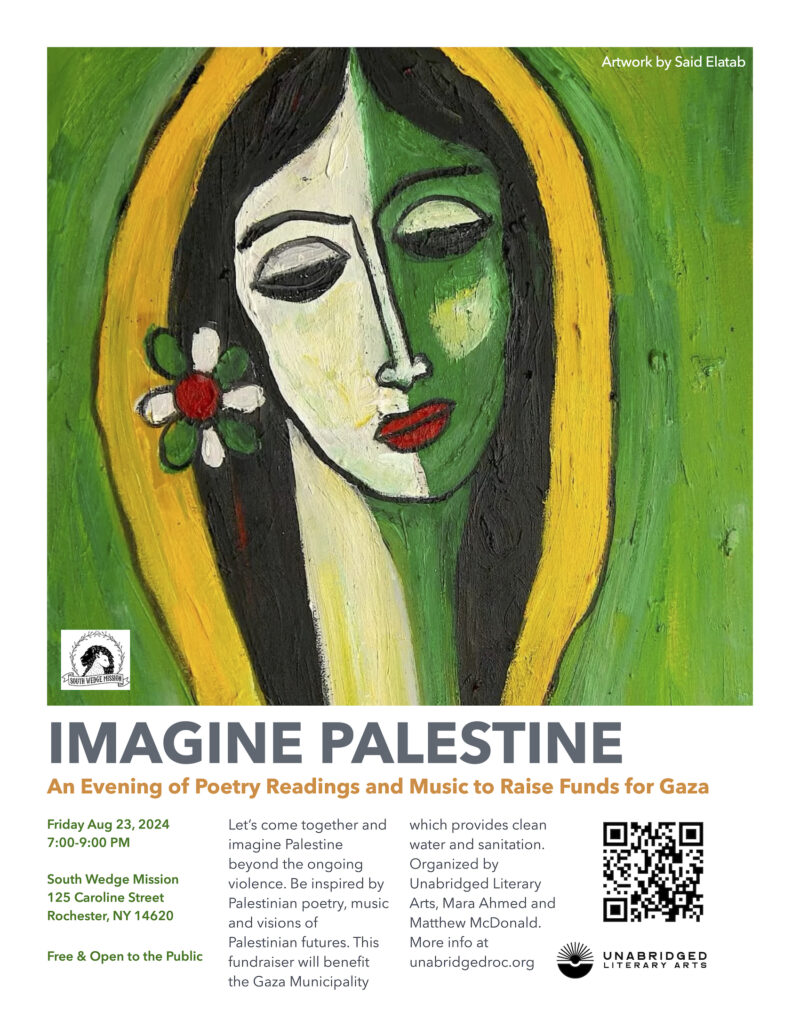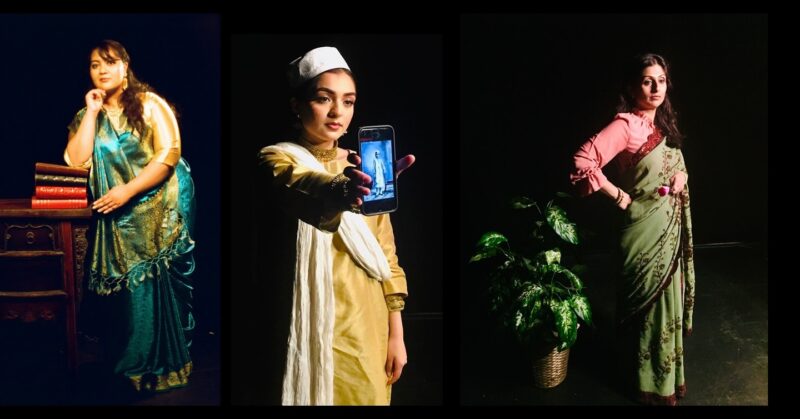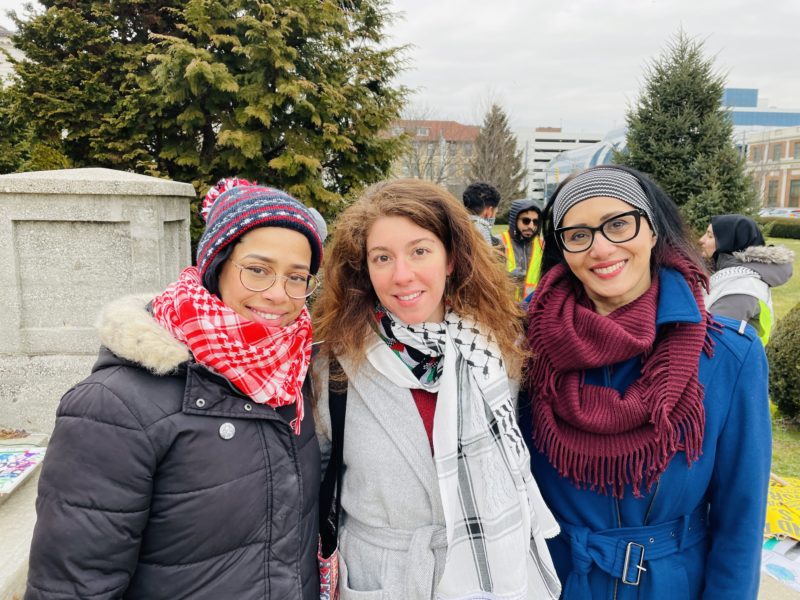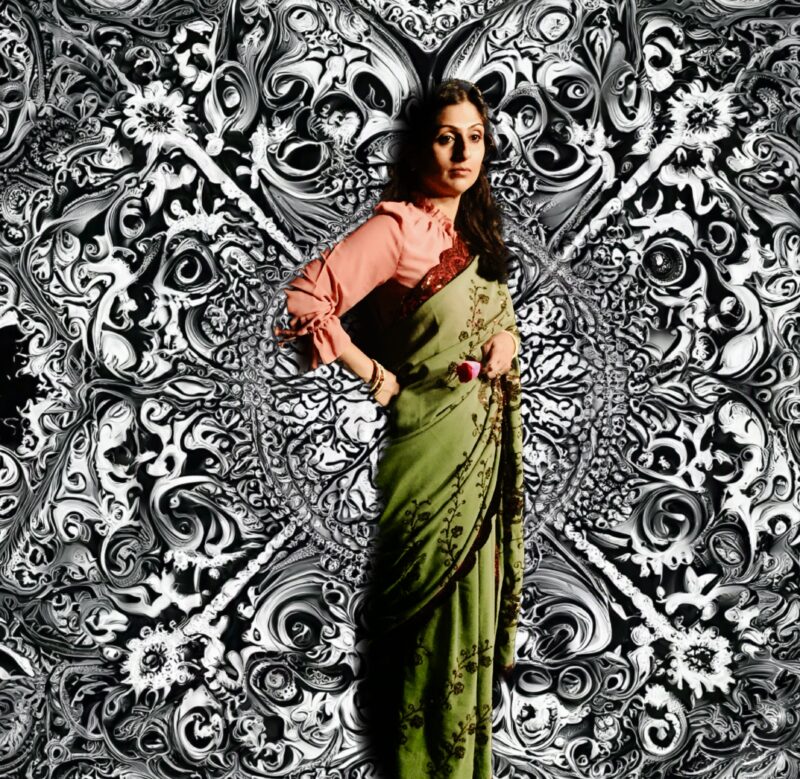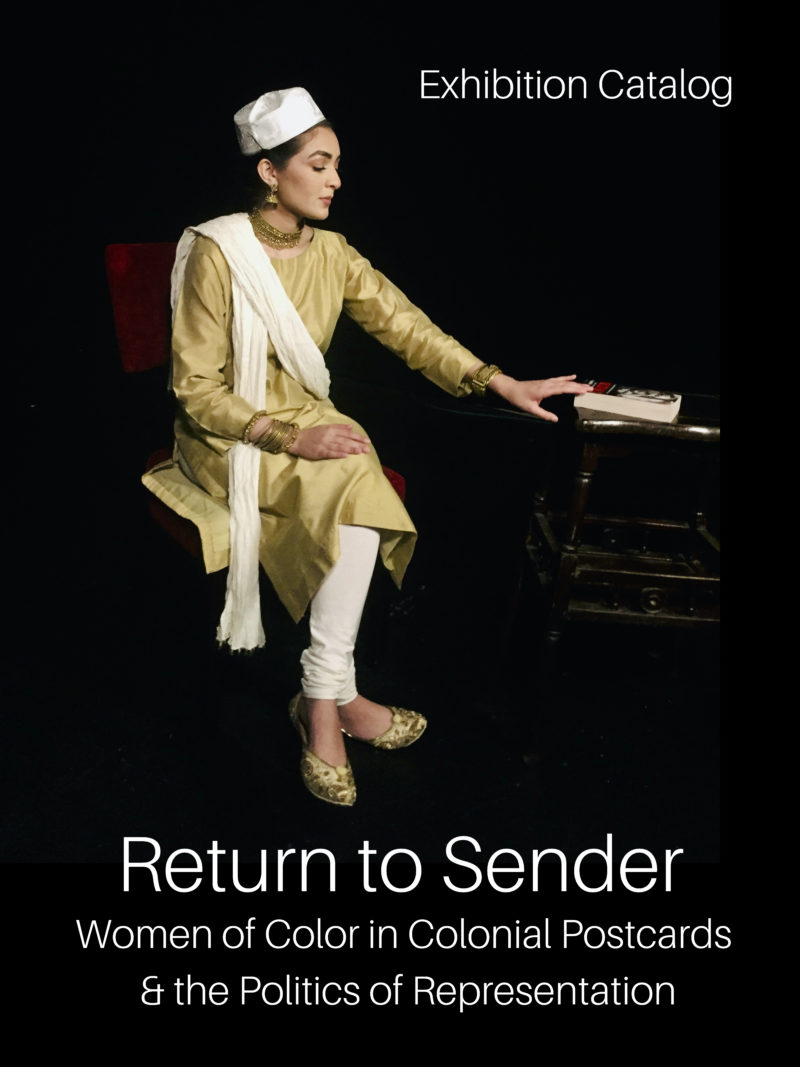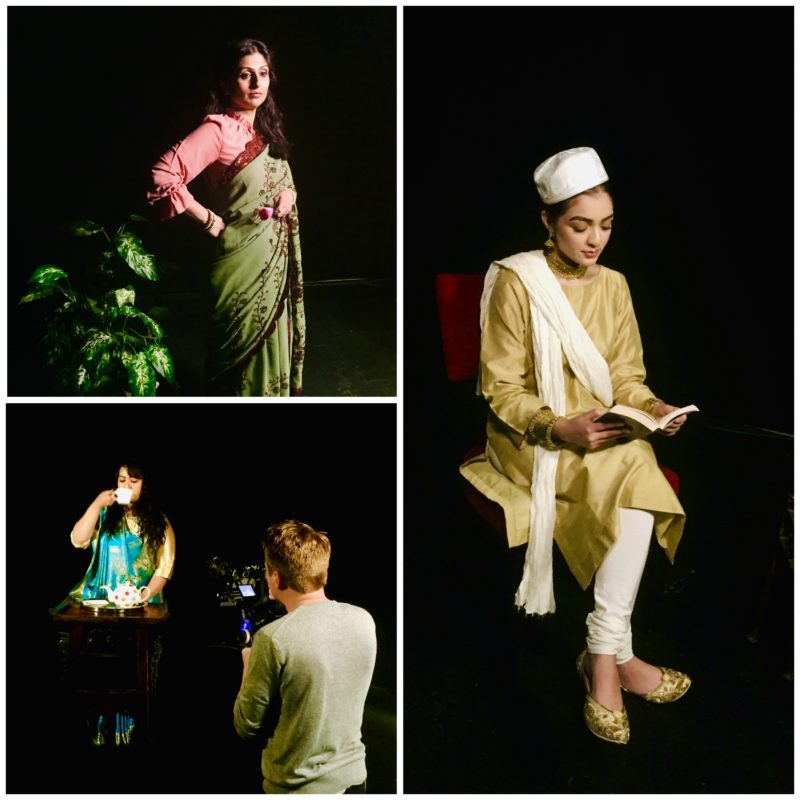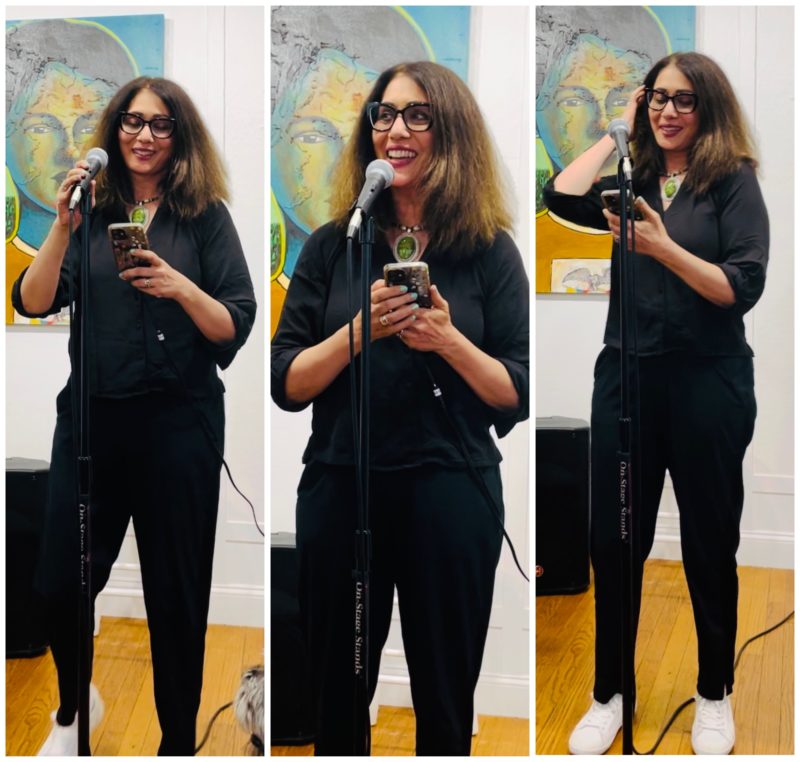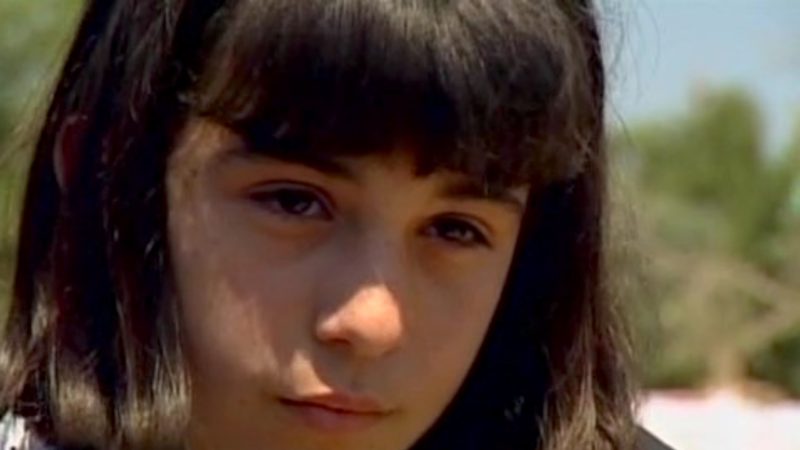Three screenings of Return to Sender along with artist talks/PowerPoint presentations in three different community spaces in Islamabad and Lahore
Category Archives: Projects
I’ve always described myself as an activist filmmaker. The desire to illuminate stories from the periphery, to create dialogue, challenge pieties, and disturb oppressive systems is why I became a filmmaker. Community projects, where diverse groups of people congregate, exchange ideas and transform one another, are also a form of art. So are collabs with other artists and activists. Recent projects I’ve been involved in.
Excited that RMSC has created a map documenting their historic exhibition, Changemakers: Rochester Women Who Changed the World (in which I had the honor of being featured). This interactive map is now available as a digital interactive at RMSC on the second floor, Patricia Hale Gallery, but you can also access it online.
The Gaza Municipality provides water, sanitation and sewage management, waste collection, the removal of debris and reopening of key thoroughfares to facilitate movement, and aid to personnel doing heroic emergency work. They have started a fundraiser and are trying to raise a million dollars. They still have a long way to go. Let’s support them.
I will be coming to Rochester, NY, on March 28th to present a dialogue between my work on colonial postcards and the Visual Studies Workshop’s film and lantern slide archives. This will be an exciting conversation where we will see clips from my new film, about the aftershocks of colonialism, juxtaposed against film clips from Rochester in the 1970s that talk about police control and violence.
Dr. King called on the US to undergo a radical revolution of values. He believed that Jim Crow segregation and the war in Vietnam were rooted in the same ethic of race-based domination. By 1967, Dr King’s religious vision for nonviolence went beyond street protests, to include abolishing what he called the “triple evils” threatening American society. He defined them as racism, poverty, and militarism.
Return to Sender: Women of Color in Colonial Postcards & the Politics of Representation will be screened at Southampton Arts Center on Sunday November 19, 2:00 – 4:00 pm. The screening will be followed by a panel discussion with Jeremy Dennis, Minerva Perez, and Brenda Simmons. This event is free and open to the public but registration is needed.
Return to Sender is an art exhibition inspired by Mara Ahmed’s film of the same title, with Fatimah Arshad, Urvashi Bhattacharya and Sumayia Islam. The Exhibition Catalog by Mara Ahmed, Avina Mathias and Emelyn Pareja-Garcia aims to provide more historical context for the film and exhibition. It hopes to excavate layers of colonial history, gender relations, and power dynamics in order to deconstruct the male gaze (a concept rooted in the objectification and sexualization of women), and to clarify its intersection with colonialism and imperialism. Huntington’s History & Decorative Arts Museum, Huntington, New York, Fall 2023
This art exhibition will include photographic stills from the film of the same title and fabric-based digital collages that celebrate South Asian cities and architecture by Mara Ahmed. On display September 17th to October 15th, 2023, at Huntington Historical Society, Soldiers and Sailors Memorial Building in Huntington, New York.
Return to Sender: Women of Color in Colonial Postcards & the Politics of Representation is a short, experimental film directed and produced by Mara Ahmed. It pushes the documentary medium in unexpected ways by opening with three contemporary South Asian American women who recreate British colonial postcards from the early 20th century. The film will open at Cinema Arts Centre, Huntington, NY, on Sunday October 1st, 2023. The screening will be followed by a panel discussion.
I was the featured artist, along with opera singer and pianist Bethany Smith, at Teatro Yerbabruja’s Firehouse Gallery in Bayshore. I shared some of my writing and my translations of Faiz Ahmed Faiz’s poetry (the soundscape for Dasht-e-Tanhai and a new recording of my translation of Mujh Se Pehli Si Muhabbat).
So energizing to be part of the Artists Round Table today and talk about Hopeful Art & Artful Hope. The convo was moderated by the wonderful Gabrielle Javier-Cerulli and I learned so much about the work of amazing artists/activists like Michaela Oteri, TL Luke, Kristy Lisle, Kierston Ghaznavi, Yvette Pino, and Della Wells.
We have been working on this piece off and on since the beginning of 2023. So proud of this conversation with Dr Shirly Bahar about performativity, solidarity across activist spaces, the relationship between trauma and language, and the importance of reconceptualizing feelings of powerlessness as public and political so as to pursue change.
